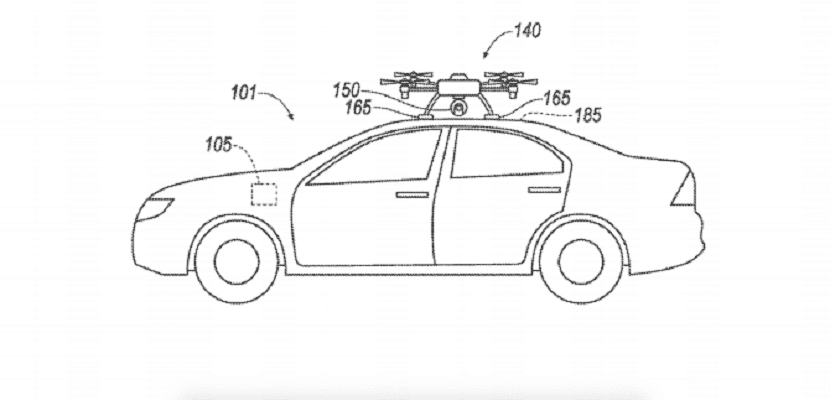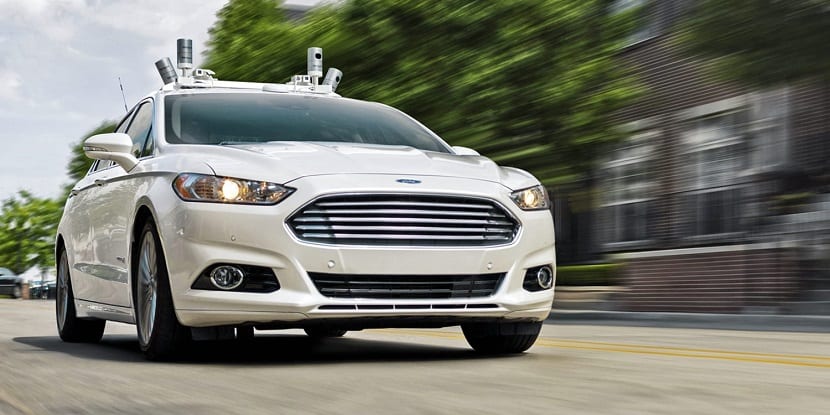
As you well know, one of the headaches that all companies that are currently working on the development of an autonomous car are suffering is none other than manage to equip it with enough sensors so you can get this job done. Once the car has been equipped with the sensors, the problem can become even more complicated for the engineers, complex software must be developed capable of handling huge volumes of data in real time while these sensors must be protected in everything possible despite the demands imposed by the vehicle design.
Setting our sights on one of these problems, such as the fact that, at a certain moment one of these sensors begins to fail, something that can be corrected if the system determines in real time that it can continue with the information from the rest of the sensors or that it can literally collapse due to the impossibility of making a decision at a certain time due to the lack of data. As you can see, the problem with the sensors can be much bigger than you can imagine and, to try to solve it, today I want us to talk about a proposal that comes to us from Ford.

In the event that your car cannot drive autonomously, it will stop while waiting for a drone to put its sensors at the service of the car
Ford engineers, anticipating precisely that the sensors of your vehicle are rendered useless either due to some type of hardware problem or because, at a certain moment, they have been rendered useless due to dirt, band-aid or some kind of problem, have had the idea that the vehicle stops in a safe place and stands by, in case we need to continue with the trip, that a drone arrives in the area, stand on top of it, and lend its sensors to the vehicle so that it can continue.
All of this can become even more complicated if, as it seems, if the autonomous cars finally hit the market without steering wheel with which we ourselves can take control of the car. Even so, and for this, there is still much more time than we would like, especially if we take into account that technologically advanced brands such as Tesla, for now, have only carried out a series of tests to demonstrate the autonomous capabilities of their vehicles. Despite the fact that none of the current proposals allows users to dedicate themselves to something other than looking at the road and supervising everything the vehicle does.

Ford shows us a patent where to discover how they want a drone to adhere to the roof of your vehicle
Following the latest patent registered by Ford, we find a solution, at least striking, where in the event that the sensors of one of its autonomous vehicles break down, it will send a alert signal to a platform equipped with a small fleet of drones. Immediately one of these drones would fly to the exact point where the vehicle is located and, after docking with it, would put all its sensors to work so that they serve as a substitute for those of the car.
Undoubtedly, we are facing a more than interesting movement, at least it seems to me personally, before one of the problems that we will surely have to face in the future, just when the use of this type of car finally prevails. On the other hand, I have to admit that I quite like this type of solution where other types of technologies are used, such as the use of drones, which, as different companies show, are increasingly capable and can perform more functions. Even so, the truth is that we must keep our feet on the ground since a large-scale implementation of this solution could pose a huge problem.